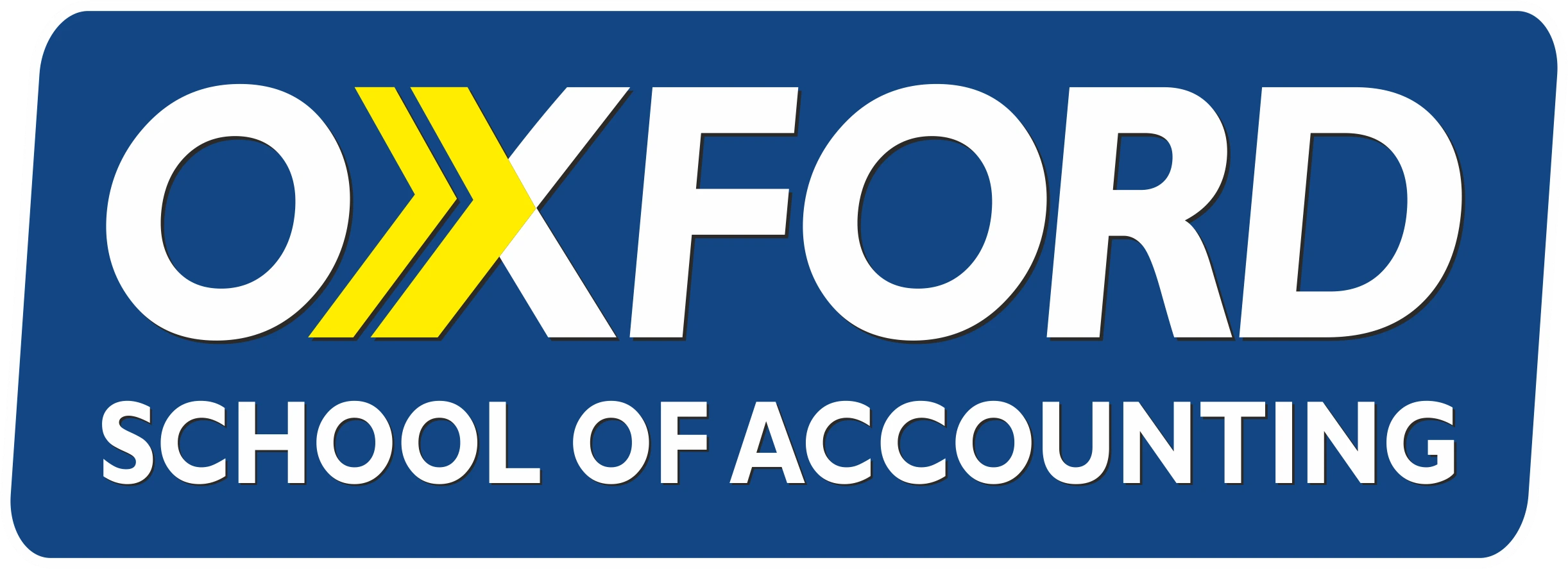Hello, dear students! Today, we're going to talk about a crucial aspect of e-accounting - tax filing. Understanding how to file taxes correctly is important, but it's just as important to know what mistakes to avoid. Let's dive into some common tax filing errors, with examples and tips to keep your tax filings accurate and stress-free.
1. Incorrect Personal Information
One of the simplest yet most common mistakes is entering wrong personal information, such as your name, PAN (Permanent Account Number), or bank details.
Example: Imagine typing "Rohit Sharma" as "Rohit Sharma" or mistyping your PAN. This can lead to the rejection of your tax return.
Tip: Double-check all your personal information before submitting your tax return.
2. Not Reporting All Sources of Income
Many people have multiple sources of income, like salary, interest from savings accounts, rental income, or income from freelancing. Failing to report any of these can lead to penalties.
Example: If you're a freelance graphic designer and also earn interest from a fixed deposit, you must report both incomes.
Tip: List all your income sources to ensure you don't miss any.
3. Ignoring Deductions You're Eligible For
There are many deductions available under various sections of the Income Tax Act, like 80C, 80D, etc., that can reduce your taxable income.
Example: Investing in an ELSS (Equity-Linked Savings Scheme), paying for health insurance, or repaying a home loan principal can give you deductions.
Tip: Keep track of all your investments and expenses that can be claimed as deductions.
4. Not Understanding the Difference Between Financial Year and Assessment Year
The financial year is the year in which you earn your income, and the assessment year is the year following the financial year, in which your income is assessed and taxed.
Example: For income earned between April 1, 2023, and March 31, 2024 (Financial Year 2023-24), the Assessment Year would be 2024-25.
Tip: Always ensure you're filing your return for the correct assessment year.
5. Late Filing
Filing your tax returns after the due date can lead to penalties and interest on the tax due.
Example: The due date for tax filing is usually July 31 of the assessment year, unless extended by the government. Filing after this date can lead to a penalty.
Tip: Mark your calendar and set reminders for the tax filing due date.
6. Not Keeping Records
Not maintaining proper records of your financial transactions, deductions claimed, and taxes paid can be problematic if the Income Tax Department requires proof.
Example: If you claim a deduction for charitable donations, you must have the receipt.
Tip: Keep all financial documents organized and easily accessible.
7. Incorrect Bank Details
Entering wrong bank account details can delay your refund process.
Example: Mistyping your account number or IFSC code.
Tip: Recheck your bank details before filing your return.
8. Overlooking Double Taxation Avoidance Agreements (DTAA)
If you're earning income from a foreign country, DTAA can help you avoid paying tax on the same income in both countries.
Example: If you're working remotely for a U.S. company from India, check the DTAA provisions.
Tip: Consult a tax expert if you have foreign income to understand DTAA benefits.
Conclusion
Tax filing is a critical process that demands accuracy and attention to detail. By avoiding these common mistakes, you can ensure a smoother tax filing experience. Remember, e-accounting is not just about knowing how to file taxes; it's also about understanding the common pitfalls and how to avoid them. With this knowledge, you're one step closer to becoming a proficient e-accountant. Keep learning, stay organized, and approach tax filing with confidence. Happy filing!





